1. Risk of Salmonella and Other Diseases
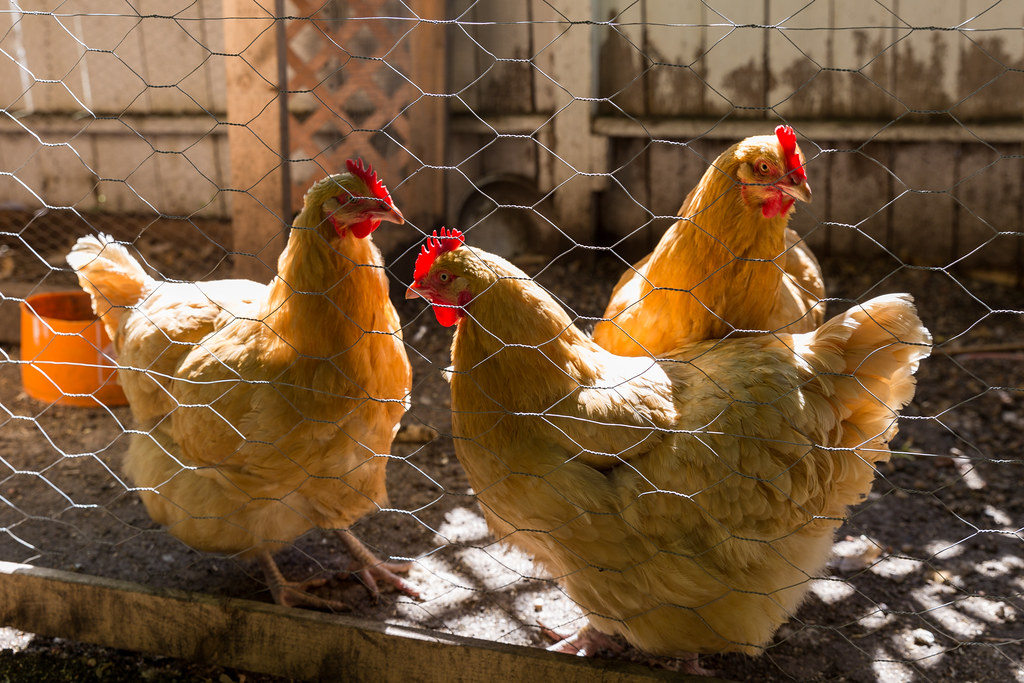
Backyard chickens can carry diseases like salmonella, which can be transmitted to humans through contact with the birds or their environment. Even healthy-looking chickens can spread harmful bacteria. Regular hygiene practices, such as washing hands after handling chickens, can minimize this risk.
2. Zoning and Legal Issues
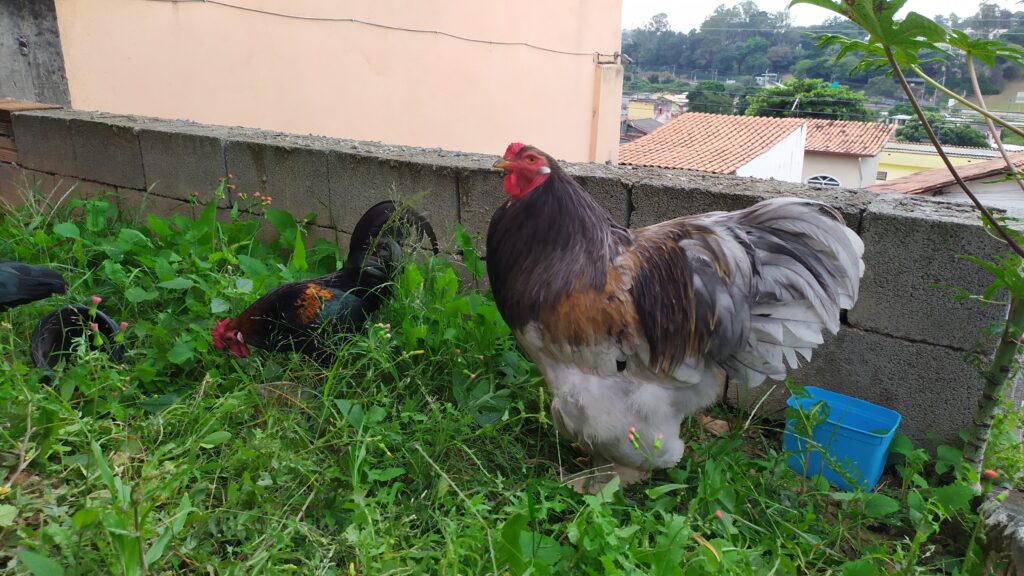
Not all areas allow backyard chickens, and keeping them without proper permits can result in fines or the need to rehome your flock. Check local zoning laws and homeowners’ association rules before starting a backyard coop. Ignoring these regulations can lead to costly legal troubles.
3. Potential for Noise Complaints
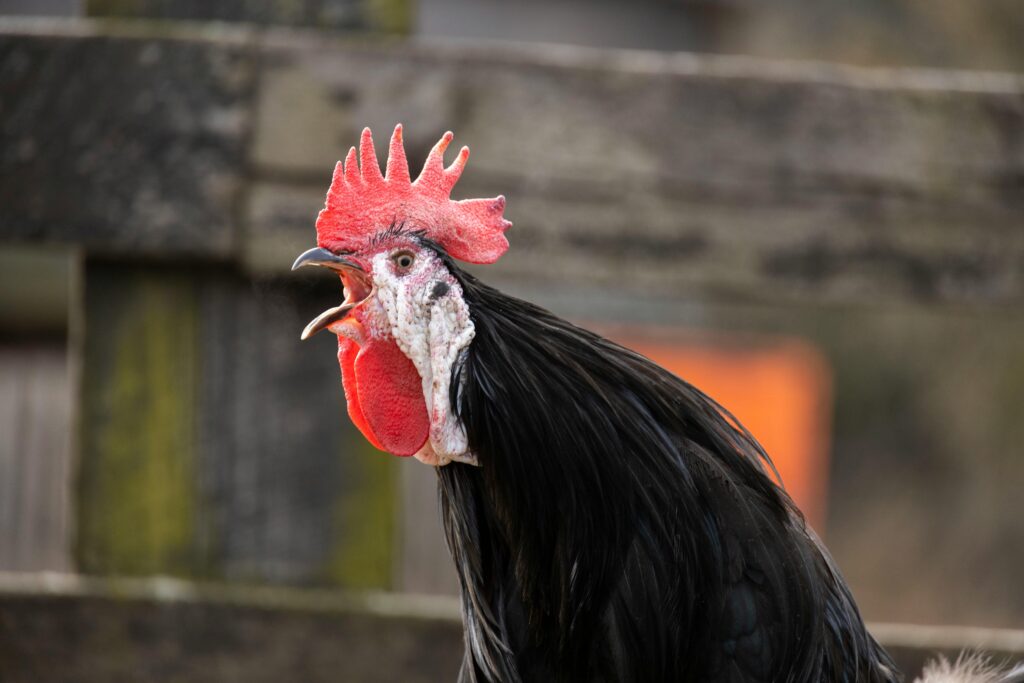
Roosters and even hens can be surprisingly noisy, which may disturb neighbors. Early morning crowing or clucking can cause tension in residential areas. Consider your neighborhood’s tolerance for noise before deciding to keep chickens.
4. Attracting Predators to Your Yard

Chickens can draw predators such as foxes, raccoons, and hawks, putting not only your flock but also other pets at risk. Secure fencing and predator-proof coops are essential to protect your birds. Neglecting this can result in heartbreaking losses.
5. Cost of Maintenance
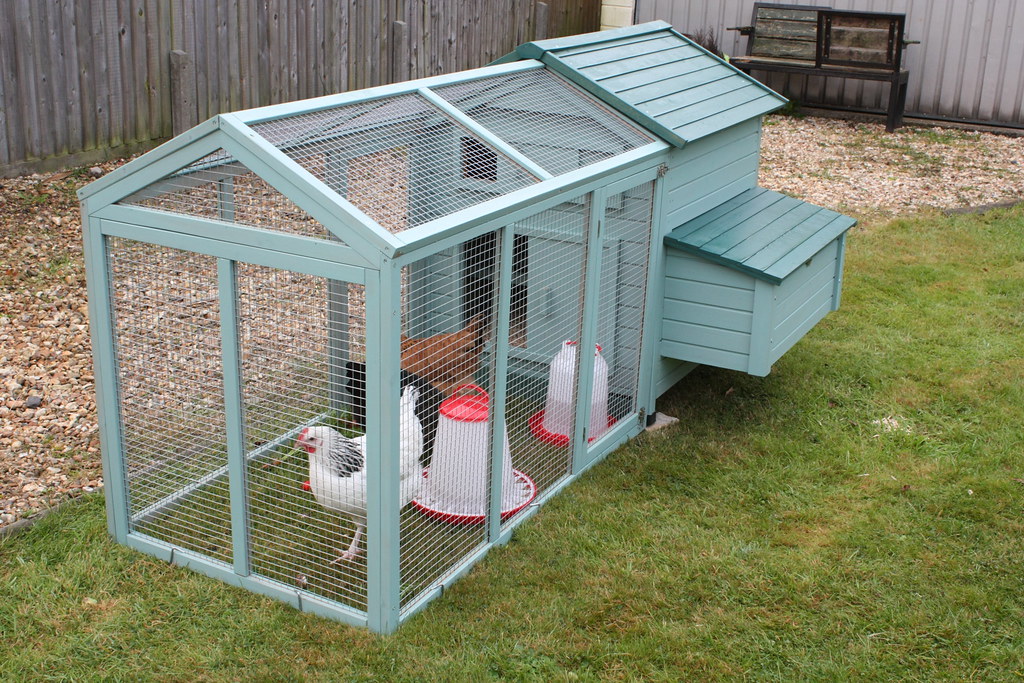
While backyard chickens might seem like an affordable source of eggs, the costs of feed, bedding, coop maintenance, and veterinary care can add up. Unprepared owners may find the financial burden higher than expected. Budgeting for ongoing expenses is key to sustainable chicken care.
6. Spread of Poultry-Specific Diseases
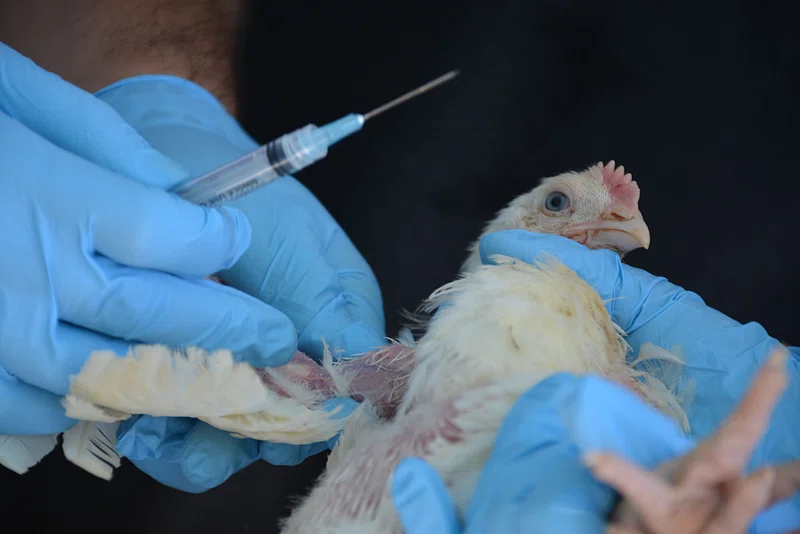
Chickens are susceptible to illnesses like Marek’s disease and avian flu, which can spread rapidly through a flock. Vaccinations and proper care are necessary to keep birds healthy. Without preventative measures, these diseases can devastate your flock.
7. Damage to Your Lawn and Garden

Chickens love to scratch and peck, which can wreak havoc on gardens and landscaping. Free-ranging birds may destroy flowerbeds, vegetable plots, and grassy areas. Establishing barriers or designated spaces can help limit the damage.
8. Unpleasant Odors and Waste Management
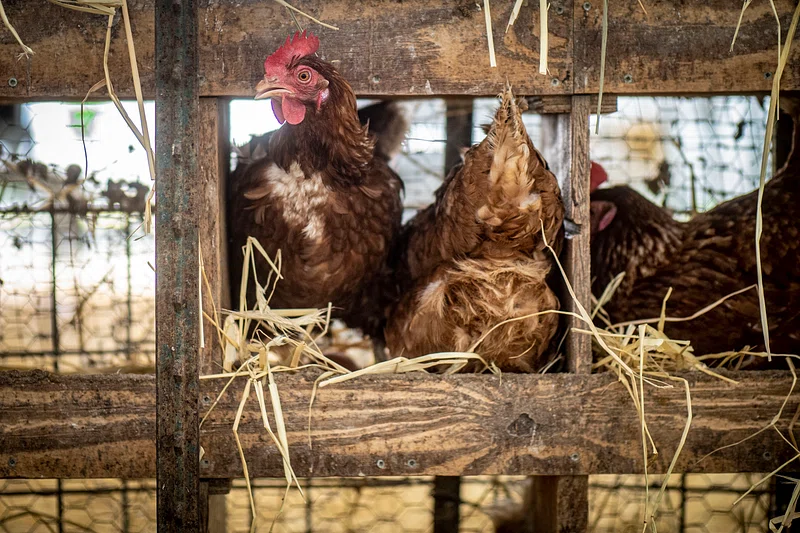
Chicken coops can quickly become smelly if not cleaned regularly, which can be unpleasant for you and your neighbors. Managing waste effectively requires time, effort, and proper composting techniques. Failing to address this can lead to health and sanitation issues.
9. Health Risks from Dust and Dander

Chicken coops produce a lot of dust and dander, which can trigger allergies or respiratory issues in humans. This is particularly concerning for those with pre-existing conditions like asthma. Adequate ventilation and protective measures can help reduce exposure.
10. Potential Aggressive Behavior
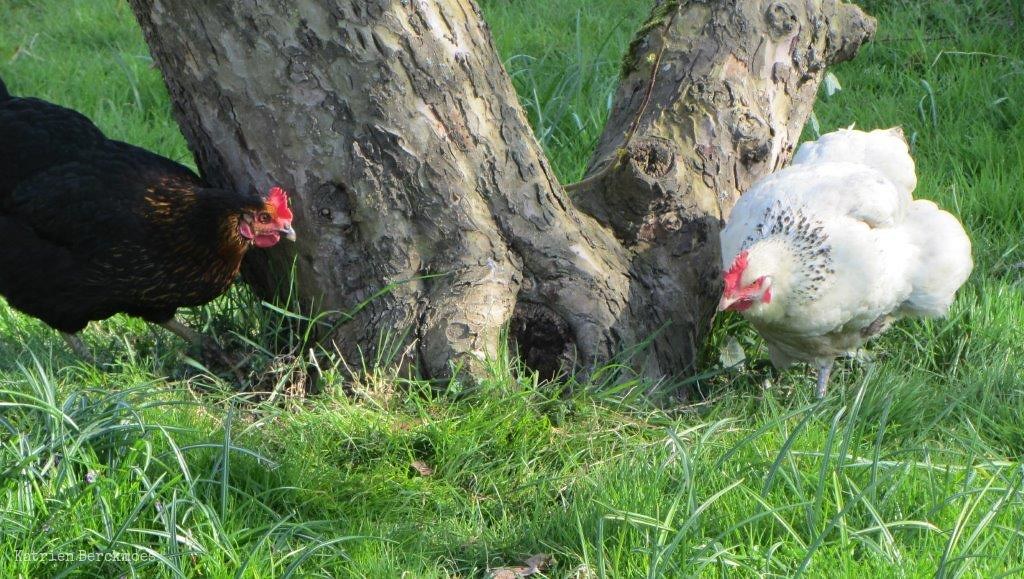
Chickens, especially roosters, can become aggressive, pecking or attacking humans and other animals. This behavior can be intimidating or even dangerous for children or inexperienced handlers. Learning how to manage flock dynamics is essential to prevent injuries.
11. Limited Egg Production Over Time
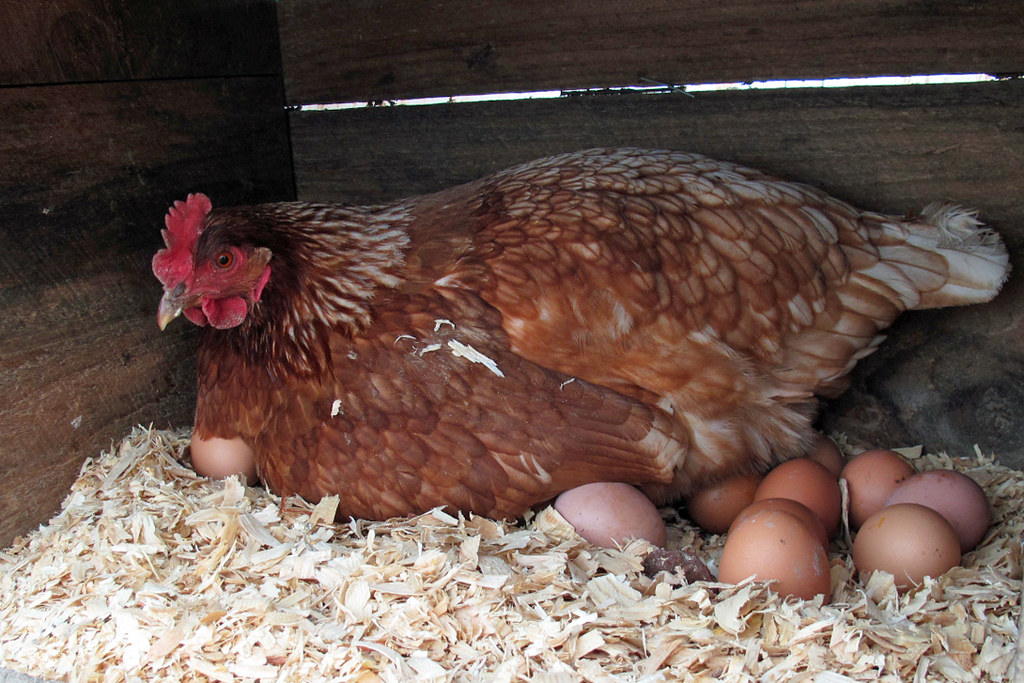
Hens typically lay the most eggs during their first two years, and production declines significantly afterward. You may end up with non-laying chickens that still require care and resources. Planning for the long-term commitment of keeping chickens is important.
12. Risk of Overcrowding

Keeping too many chickens in a small space can lead to stress, disease, and aggression within the flock. Overcrowded conditions also make it harder to maintain cleanliness. Ensure your coop provides adequate room for all your birds to thrive.
13. Difficulty Finding Veterinary Care
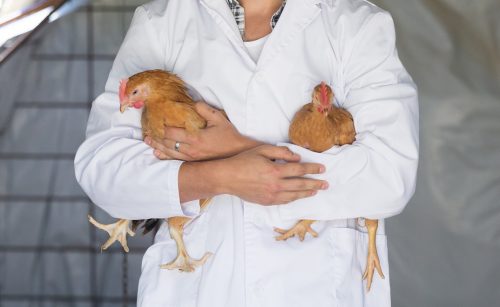
Not all veterinarians specialize in poultry, making it challenging to find medical care for sick or injured chickens. This can result in delayed treatment or expensive emergency services. Researching local poultry vets beforehand is a smart precaution.
14. Challenges with Seasonal Care
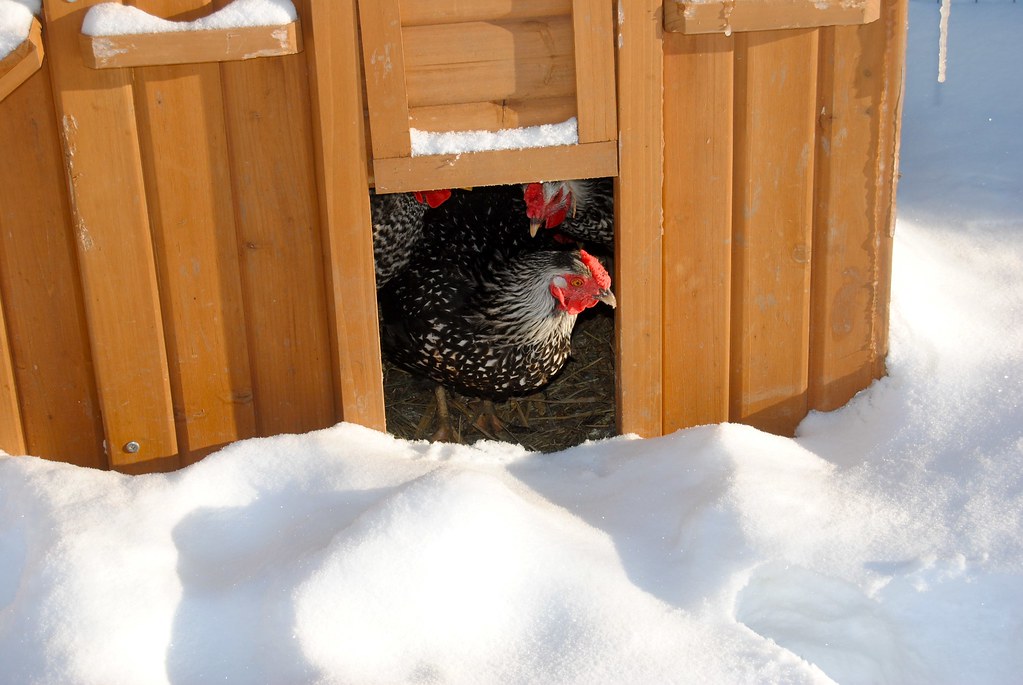
Chickens require special care during extreme weather conditions, such as insulation and heating in winter or cooling in summer. Failing to meet these seasonal needs can harm their health and well-being. Be prepared to invest time and resources year-round.
15. Emotional Challenges of Ownership

Caring for chickens can be emotionally taxing, especially when dealing with illness, injury, or loss. Chickens are living creatures that require constant attention and care, which can be overwhelming for some owners. Understanding the emotional commitment involved is essential before starting a flock.
